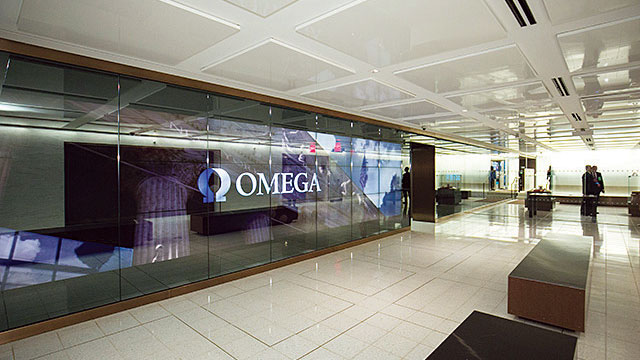
With fourth-quarter net income outperforming the same period last year, Omega Healthcare Investors insists it remains optimistic about skilled nursing — announcing last week it had closed a seven-facility, $78.4 million deal to round out the year.
The real estate investment trust reported during an earnings call Friday that it collected rent from more than 99% of its properties last quarter and through January, noting the exception of Daybreak Ventures, whose rent issues predate the COVID-19 crisis.
Vaccinations are boosting confidence that communities will be able to begin building back occupancy toward the second half of the year, but several Omega leaders said more government relief will be essential for a sustained turn-around.
“The allocation and distribution of additional government funding, along with communication and evolution of clinical protocols, has been critical in protecting and saving lives,” CEO Taylor Pickett said. “Continued federal and state government support will be critical for the skilled nursing and assisted living care settings.”
Chief Operating Officer Daniel Booth said per-patient, per-patient expenses climbed $40 between November 2019 and November 2020. He added that those spikes in operating costs, driven largely by personal protective equipment and labor costs, were “more than offset” in the second and third quarters of 2020 by federal CARES Act funding.
But system-wide occupancy has continued to fall, from 84% pre-COVID to 75% last fall to 72.9% in December and 72.1% in January.
“We are cautiously optimistic that the roll out of vacancies … will provide an important catalyst for improving occupancy statistics as infection rates decline and visitation restrictions begin to ease,” Booth added.
Pickett posited census could start rebounding as hospitals begin scheduling more procedures and making SNF referrals in large numbers again. For now, Omega’s operators aren’t reporting an uptick.
Booth said he isn’t so concerned with some short-term ciphoning of post-acute patients by home care or the new presidential administration’s support for that sector.
Omega’s operators have seen increased demand for help with activities of daily living in their buildings, a factor that gives Omega confidence in its institution-based model.
“There are very few people you can take out of those settings and care for in the home setting for less,” he said.
Looking for healthy opportunities
Despite seeing its annual net income drop more than 50% in 2020 — to $163.5 million — the company reported relatively stable year-end revenues at $892.4 million. Its fourth quarter net income of $63.1million outpaced Q42019 by $2 million.
The SNF deal recorded late last year gives Omega six new nursing homes and one assisted living facility, all of which were assigned to an existing operator’s master lease. Full details were not disclosed, but the contract calls for an annual cash yield of 9.5% with 2% annual escalators.
As of Dec. 31, Omega had 949 facilities with more than 95,000 beds run by 69 operators in 39 states and the United Kingdom.
Those figures don’t include 24 senior living communities acquired from Healthpeak Properties and being run by Brookdale in a $510 million acquisition. That deal added more than 2,500 units in 11 states and is expected to bring in $43 million in annual rent.
Officials said the transaction isn’t a signal that Omega aims to more evenly split its portfolio between skilled nursing and assisted living providers. Even as Brookdale moves into the trust’s Top 10 operators unit-wise, senior living still makes up just more than 20% of its total portfolio.
Omega continues looking for new partners but leaders acknowledged SNF opportunities have been limited by the underwriting process, especially the challenge of accurately predicting census, and an inability to conduct site visits due to COVID-19 related restrictions.
In other fourth-quarter action, Omega: invested $19 million in capital renovation and construction projects, reinstated its paused dividend reinvestment program, and sold 4.2 million shares of common stock for $153.1 million in gross proceeds.




